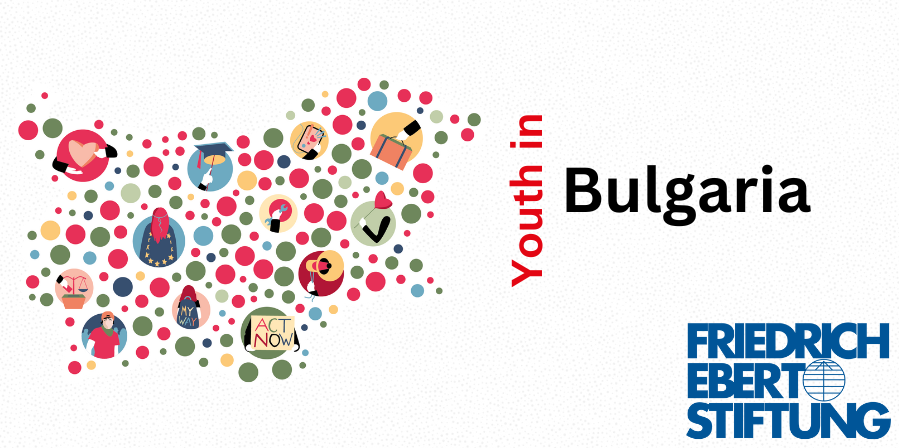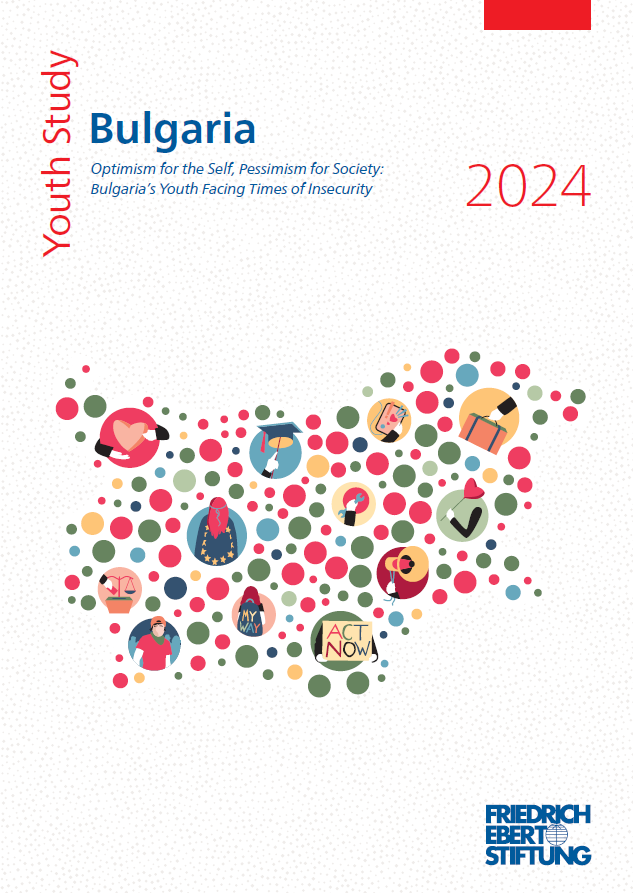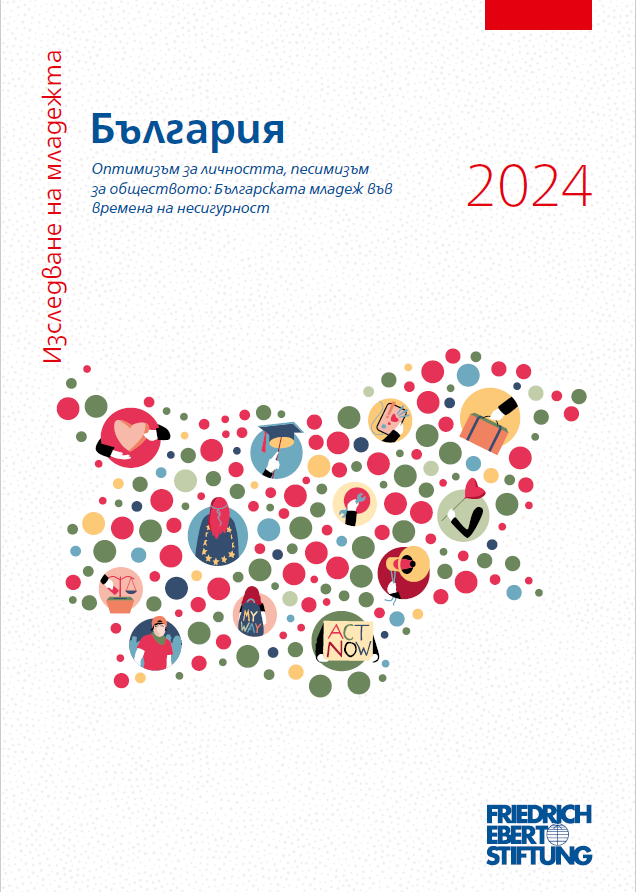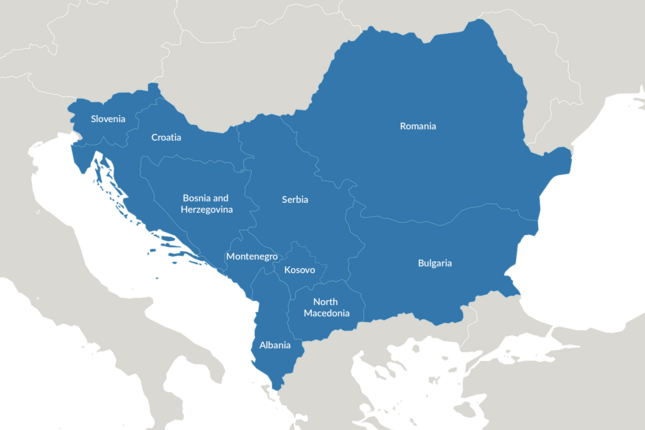
Trust in the EU Deeply Split Among Bulgarian Youth as Anti-Euro Protests Rock Sofia
As Bulgaria faces intense protests against plans to adopt the euro, data from the Friedrich Ebert Foundation's Youth Study 2024 reveals stark divisions in EU trust among young Bulgarians based on political affiliation. The findings come as thousands of ultranationalist Revival party supporters recently attempted to storm EU mission buildings in Sofia, highlighting growing tensions in the country over further European integration.
Political Affiliation Strongly Shapes EU Trust Levels
Analysis shows that young Bulgarians' trust in the European Union varies depending on their political allegiance, providing important context for the recent events. With Revival Party (Vazrajdane) supporters showing among the lowest EU trust levels – 18.6% saying they have "no trust at all" and another 42.43% expressing only "a little" trust – the party's leadership in anti-euro demonstrations aligns with their supporters' views. On the other hand, supporters of the coalition Citizens for European Development of Bulgaria-Union of Democratic Forces (GERB-SDS) show the highest trust levels, with 45.21% either trusting the EU "quite a lot" or "fully", followed closely by the We Continue the Change‑Democratic Bulgaria Alliance (PP‑DB) with 44.15%.
Bulgaria’s EU trust differs from European identity
The above data may sound tempting for a Eurosceptic interpretation of prevailing Bulgarian youth’s attitudes. However, things look a bit different. Levels of trust in the EU are arguably not skyrocketing while at the same time they are higher than levels of trust in any national institution, to no exception. A majority of young Bulgarians (51%) oppose leaving the EU. Euroscepticism is far from dominant but what about European identity?
As visible from the graph, just a little more than a third of young people feel themselves "completely" or "very much" Europeans. It comes to denote an emotional distance from Europe which admits different explanations: perceptions of European crisis, nationalist propaganda, or questionable state policies. Policy-makers need to address these issues by grasping the overall situation of the Bulgarian youth and tracing young people’s concerns, fears, and hopes.
About the Data
This analysis draws from the Friedrich Ebert Foundation's Bulgaria Youth Study 2024, examining views on society and politics among youth aged 14-29. It is part of a broader research initiative across 12 Southeast European countries.
To read the previous Bulgaria Youth Study report or the Comparative Southeast Europe Youth Study 2024 report, please find them below.
Publications
Youth Study Southeast Europe 2024
Vienna, 2024
Download publication (7 MB, PDF-File)



